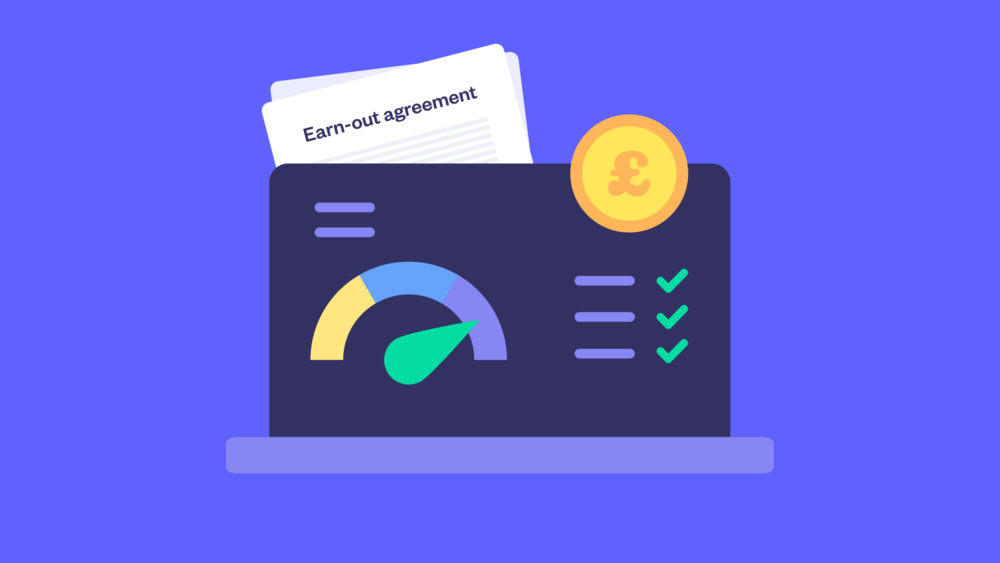Exit strategy: what it is and why you need one
An exit strategy helps you plan your startup’s future, attract investors, grow strategically and maximise returns for fo...
An earn-out is a common way to bridge the gap between what you think your business is worth and what a buyer wants to pay for it.
In this post, our expert Anna Sivula explains the basics of earn-outs in Share Purchase Agreements, how they work and when to use them.
When you sell your business, your goal is to maximise the company’s value and achieve a fair price. However, in some cases, it can be difficult for you and the buyer to agree on the value of the business. This is where an earn-out can come into play.
An earn-out provision is one of the most common price adjustment mechanisms you’ll see in an exit deal. The earn-out clause in the Share Purchase Agreement allows you (the seller) to get more money for the sale of the business based on its performance after you complete the sale.
With an earn-out provision, the buyer pays you an agreed sum when you complete the sale, and a top-up amount afterwards. The top-up, usually called the earn-out amount in the Share Purchase Agreement, is based on the company’s performance after the sale.
The buyer and seller agree on performance metrics they’ll use to calculate the earn-out amount. These could be financial performance such as future revenue or profit, or specific milestones such as the launch of a new product or completing a major project.
The earn-out provision will set out a defined time, usually called the earn-out period, for the company to meet these performance targets.
If the company meets the agreed targets, the buyer pays you the top-up amount at the end of the earn-out period.
If the company doesn’t meet the targets, the buyer doesn’t have to pay the top-up amount and the final purchase price is limited to the amount the buyer paid when you completed the sale.
The earn-out is most frequently used when the buyer and seller can’t agree on a valuation so they choose to calculate part of the purchase price based on the company’s performance after the sale.
This compromise is a way to take a ‘wait and see’ approach. The buyer can validate the seller’s argument for a higher valuation by seeing how the company actually performs, rather than relying on forecasts.
Sellers often keep one or more of the existing directors on the board during the earn-out period to help steer the company to meet the performance targets agreed in the Share Purchase Agreement. Depending on what the buyer and seller agree, this director will either resign at the end of the earn-out period or continue with the company under the new management.
Deferred consideration in a Share Purchase Agreement is another common way to adjust the sale price.
This table lists the differences between earn-out and deferred consideration:
| Earn out | Deferred consideration |
|
|
Selling your company with SeedLegals? If you have any questions about earn-out or the Key Terms, ask your dedicated Exit expert or tap the live chat button (bottom right of this screen) to ask us. We’re always happy to help.
Selling your business is a major decision. If you’re ready to sell or just considering it, find out more and talk it over confidentially with our experts.
Tell me more






